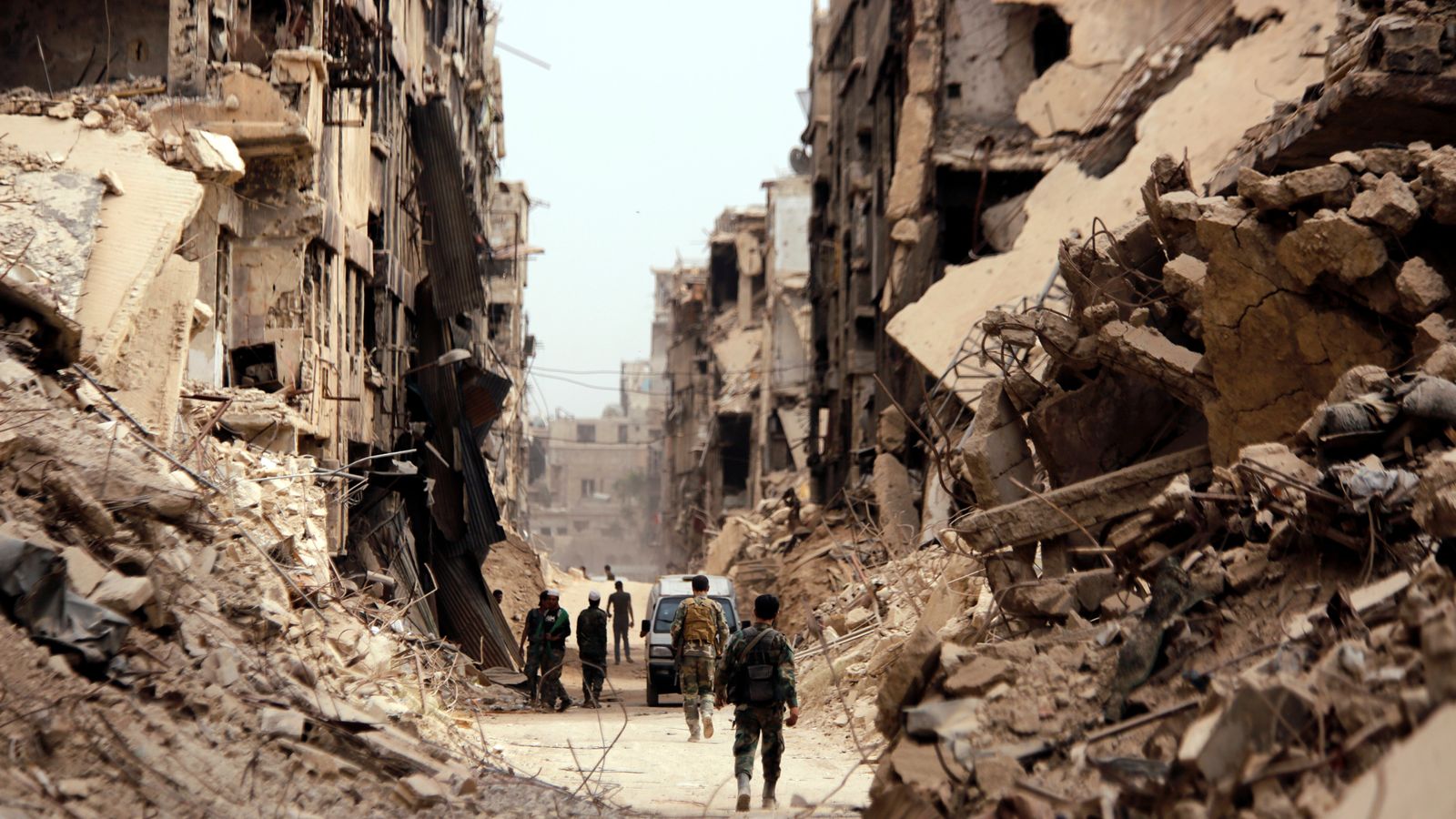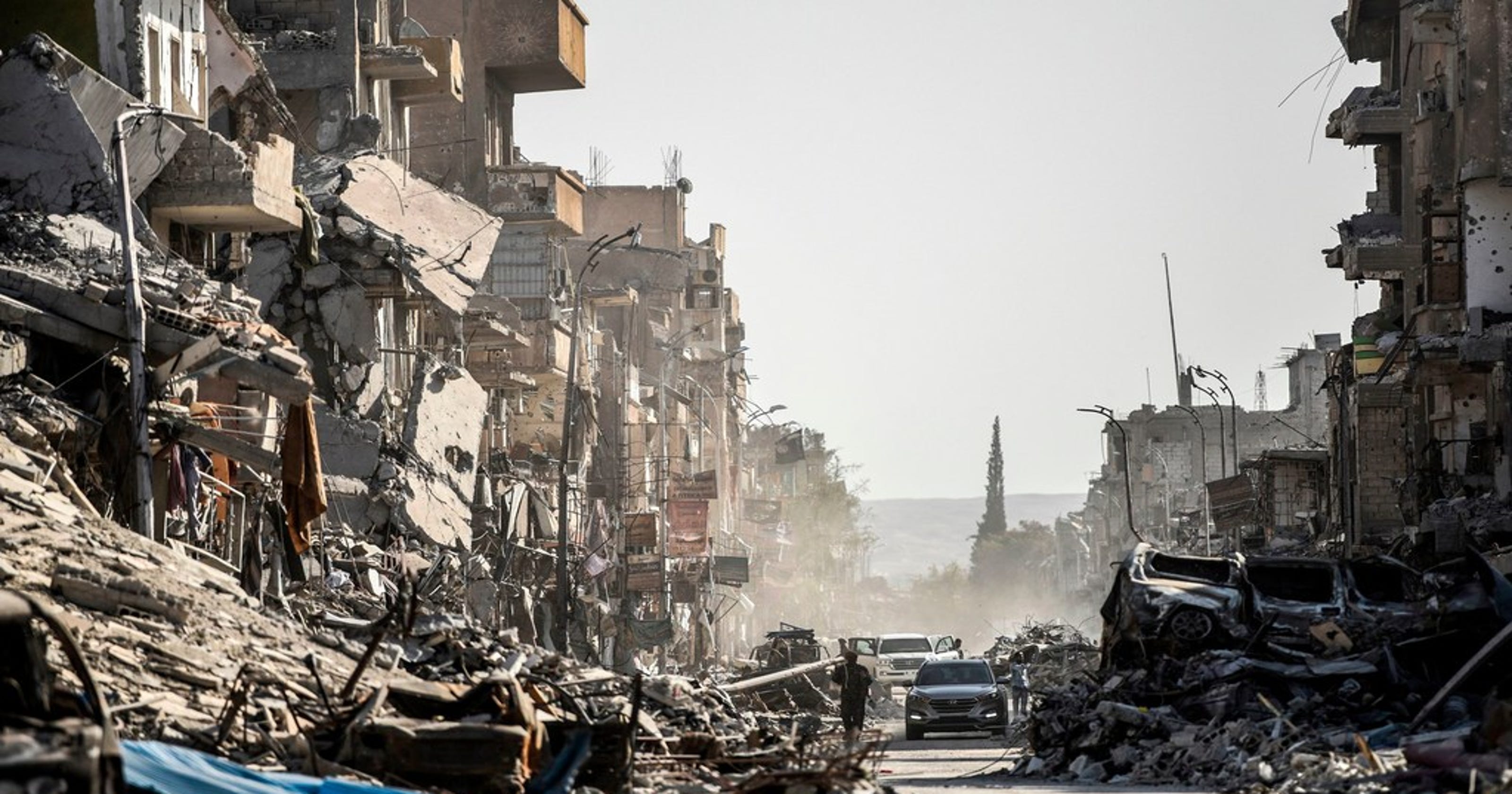
After 7 Years Of War, Assad Has Won In Syria. What’s Next For Washington?
After seven brutal years of civil war, Syrian President Bashar al-Assad has emerged victorious. With the help of Russia and Iran, Assad’s forces have retaken control of most of the country, and the opposition is in disarray. The war has been a humanitarian catastrophe, with hundreds of thousands of people killed and millions displaced. But Assad’s victory is also a strategic defeat for the United States, which had backed the opposition and sought to overthrow him.
The U.S. Role In The Syrian War
The U.S. has been involved in the Syrian war since 2011, when the Obama administration began providing support to the opposition. The U.S. has provided billions of dollars in aid to the opposition, including weapons and training. The U.S. has also carried out airstrikes against Assad’s forces and imposed sanctions on the Syrian government.
The U.S. involvement in the Syrian war has been controversial. Critics argue that the U.S. has made the war worse by providing support to the opposition, which includes extremist groups. They also argue that the U.S. has failed to do enough to protect civilians from the violence.
Assad’s Victory
Assad’s victory is a major setback for the United States. The U.S. had sought to overthrow Assad and replace him with a more moderate leader. But the U.S. was unable to achieve this goal, and Assad remains in power.
Assad’s victory is also a victory for Russia and Iran. Russia has been Assad’s main military backer, and Iran has provided him with financial and military support. Russia and Iran have now emerged as the dominant powers in Syria.
What’s Next For Washington?
The U.S. now faces a difficult decision about its next steps in Syria. The U.S. could continue to support the opposition, but this is unlikely to lead to Assad’s overthrow. The U.S. could also withdraw from Syria, but this would leave a vacuum that could be filled by Russia and Iran.
The U.S. is also facing pressure from its allies to do more to help the Syrian people. The U.S. has already provided billions of dollars in humanitarian aid to Syria, but more is needed. The U.S. could also increase its support for refugees, who are fleeing the war.
Conclusion
The Syrian war has been a major humanitarian catastrophe. Hundreds of thousands of people have been killed and millions displaced. Assad’s victory is a major setback for the United States, which had sought to overthrow him. The U.S. now faces a difficult decision about its next steps in Syria.
The U.S. could continue to support the opposition, but this is unlikely to lead to Assad’s overthrow. The U.S. could also withdraw from Syria, but this would leave a vacuum that could be filled by Russia and Iran. The U.S. could also increase its support for refugees, who are fleeing the war.
The decision that the U.S. makes will have a major impact on the future of Syria. The U.S. must carefully consider all of its options before making a decision.










